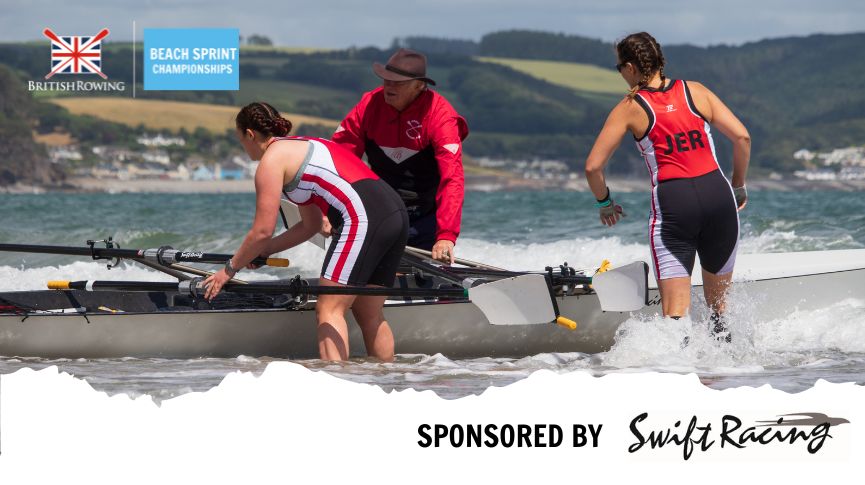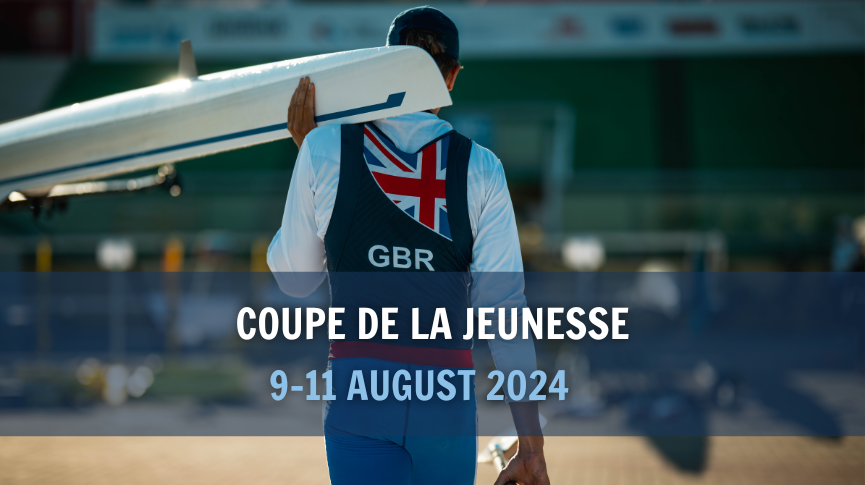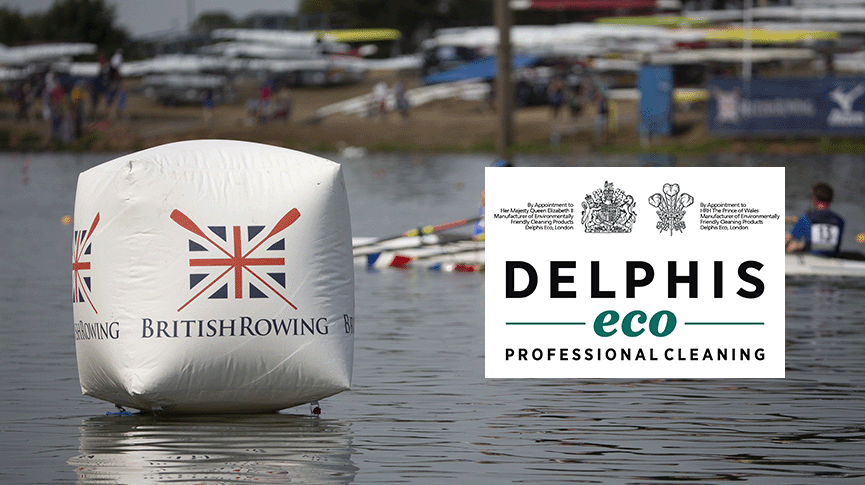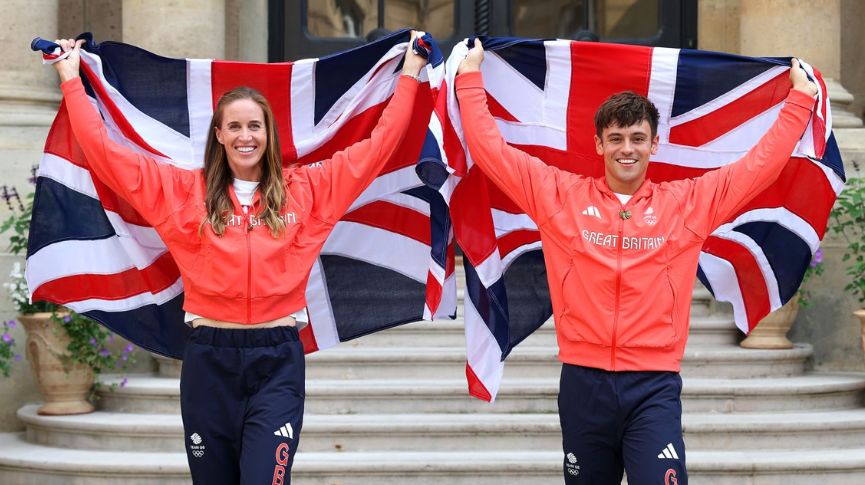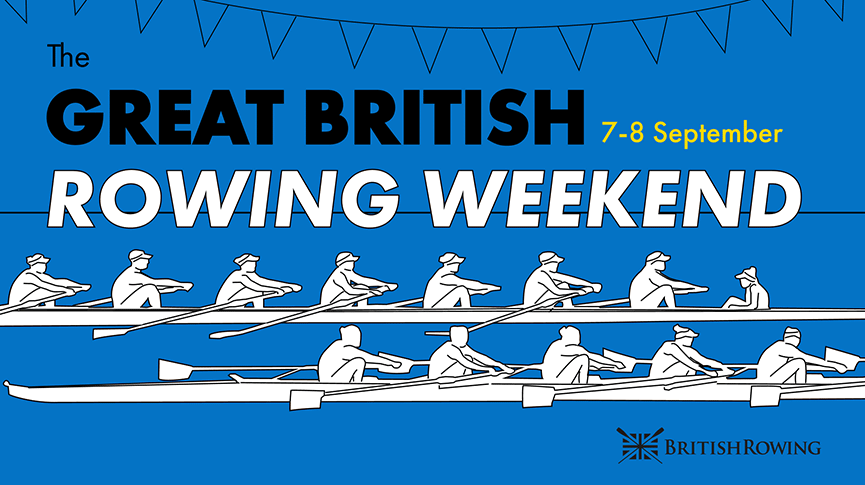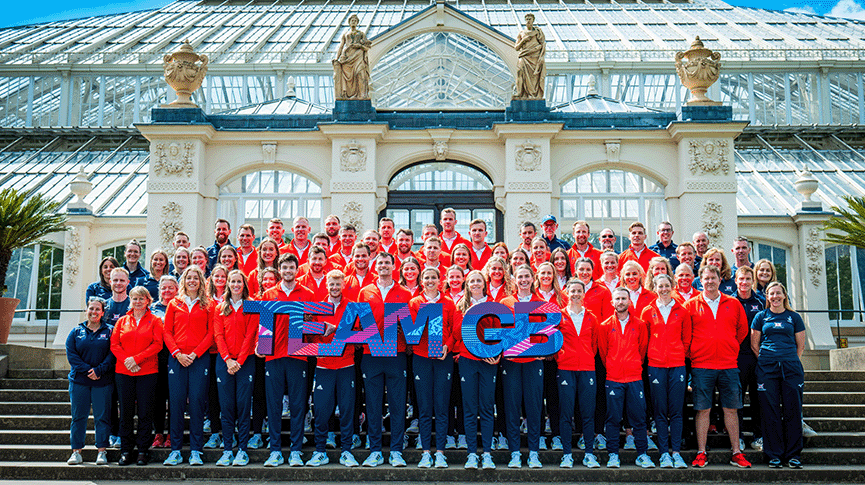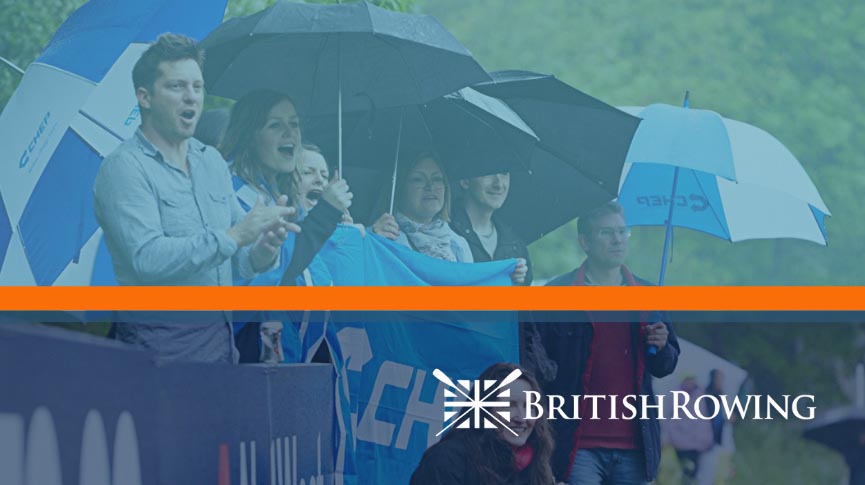Adaptive rowing clubs could benefit from CASC status
With two years to go until the start of the London 2012 Paralympic Games, the business advisory firm Deloitte is advising amateur disability sports clubs to consider registering as a Charity or a Community Amateur Sports Club (CASC). By doing so, thousands of disability sports clubs across the country could collectively save millions of pounds in tax between now and the Games.
Deloitte estimates that the average charitable body saves £14,800 per year. At the smaller level of local sports clubs, the average CASC saving is £3,700 per year, yet relatively few disability sports clubs appear to have taken up these opportunities.
There are currently around 2000 disability sports clubs registered with Parasport, a website set up in 2006 by Deloitte and ParalympicsGB to provide information on disability sport facilities across the UK. If just 10% more of these clubs registered as CASCs and a further 10% as charities, they could realise £7.5 million of tax savings between now and 2012.
Heather Hancock, Lead Partner for London 2012 at Deloitte, said: “For amateur sports clubs cash is a precious commodity, often in short supply. However, many clubs are not taking advantage of the financial reliefs currently available to them. The 2012 Paralympic Games in London represent a great opportunity to generate more support for disability sport and to boost participation at a local level. Disability sports clubs should ensure they’re in the best financial position to take advantage of the increased interest.
“Parasport already receives around 25,000 hits a month with half of those visitors using the ‘Find a Club’ function. So we know there’s plenty if interest in getting involved and learning a new sport. A significant revenue boost to disability sports clubs would help them increase participation levels by improving facilities, increasing the number of sports on offer and so on. More people with disability playing and getting competitive in sport is exactly the kind of long term legacy benefit from hosting the Paralympic Games that we’re all keen to see.”
Phil Lane, Chief Executive of the British Paralympic Association, said: “Athletes are not alone in needing to prepare well for the Games. Disability sports clubs should also be thinking about getting in the best shape possible to make the most of the interest the Paralympic Games in London will generate. Making the most of any financial benefits is part of that. I would urge clubs to see if being a CASC or Charity would work for them, there is plenty of support and guidance available to make an informed decision and they can now access this through Deloitte Parasport.”
The vast majority of amateur sports clubs will already meet the requirements to qualify as either a charity or a CASC but each club will need to consider which option is best suited to them.
Karen Potts, Partner in the Tax practice at Deloitte, said: “With the additional benefits of charitable status comes some extra administrative responsibility. As a minimum, all registered charities must prepare a Trustees’ Annual Report and accounts. Therefore, obtaining charitable status usually favours those clubs who have the resources to deal with the extra administrative responsibilities.
“The administrative obligations for CASCs are less stringent, which means the scheme may be a preferable alternative to those clubs with a small organising committee or management. Whichever route is chosen by an individual club, the financial benefits of either charitable or CASC registration are clear and should be considered by all amateur sports clubs as a means of boosting available resources.”
The CCPR website has more information about registering as a CASC Club.


